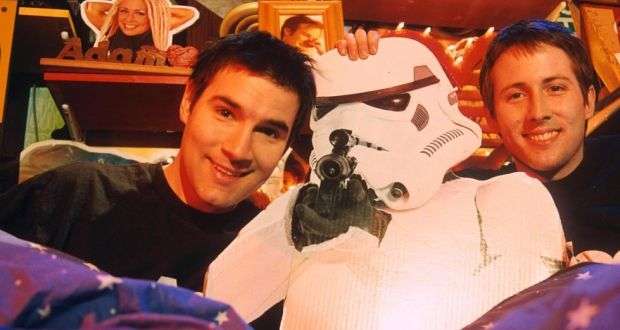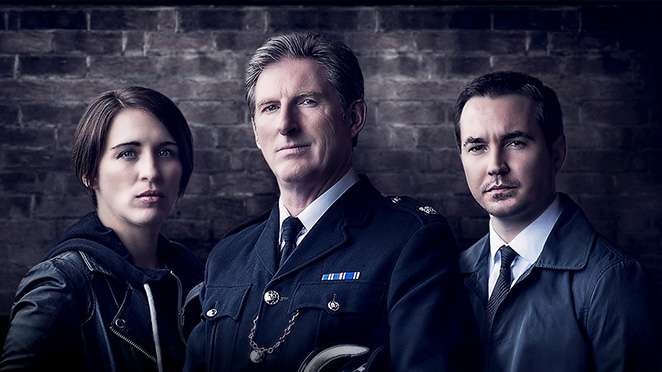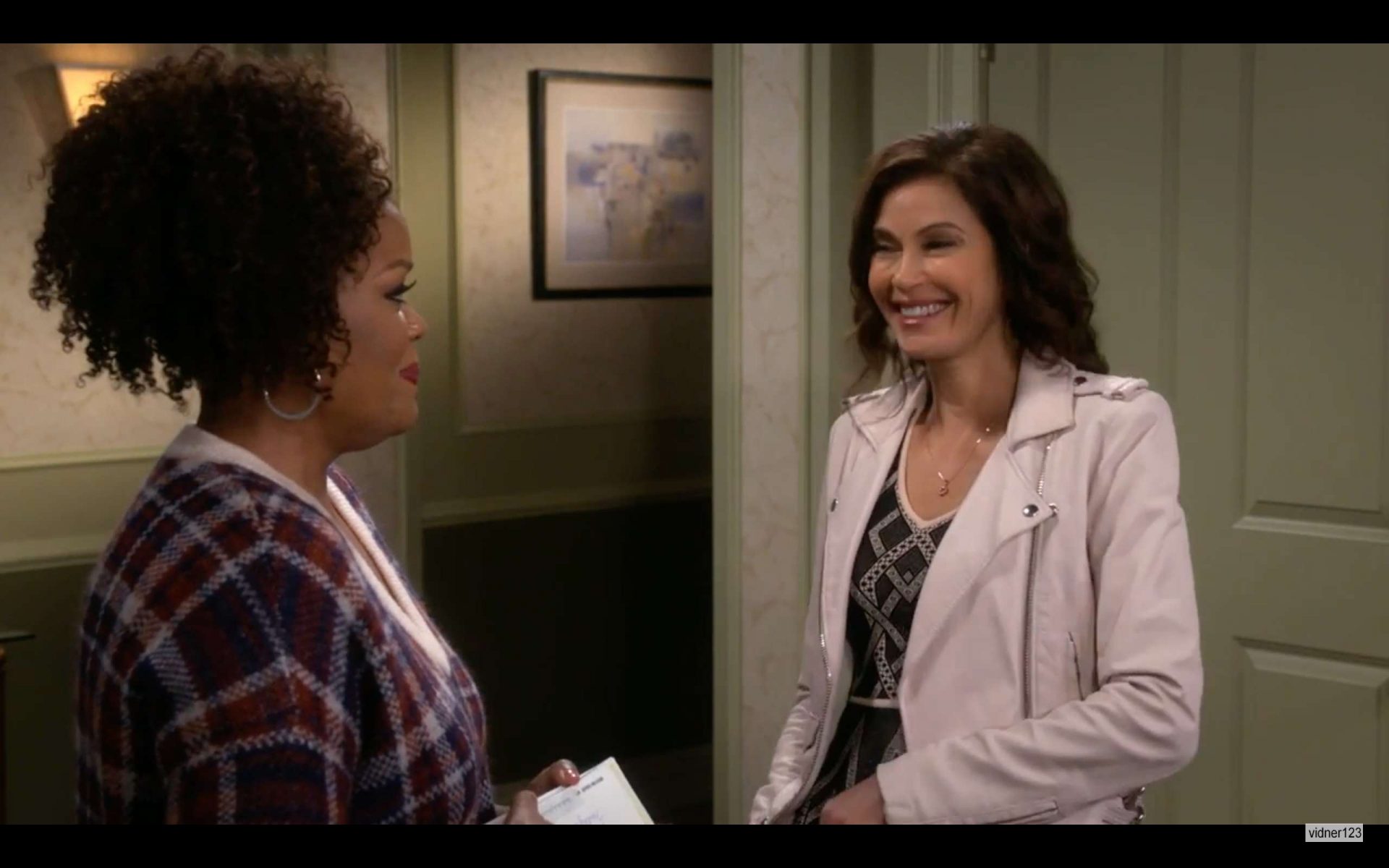
How to write about a television programme that you love and that has even moved you to tears? Many years of teaching Film and TV have not really prepared me for this. In the eighties, when I first started teaching, we were largely in the grip of the Screen journal pleasure is suspicious era. (Indeed at PCL it was pretty much required as a critical approach on the MA Film &









